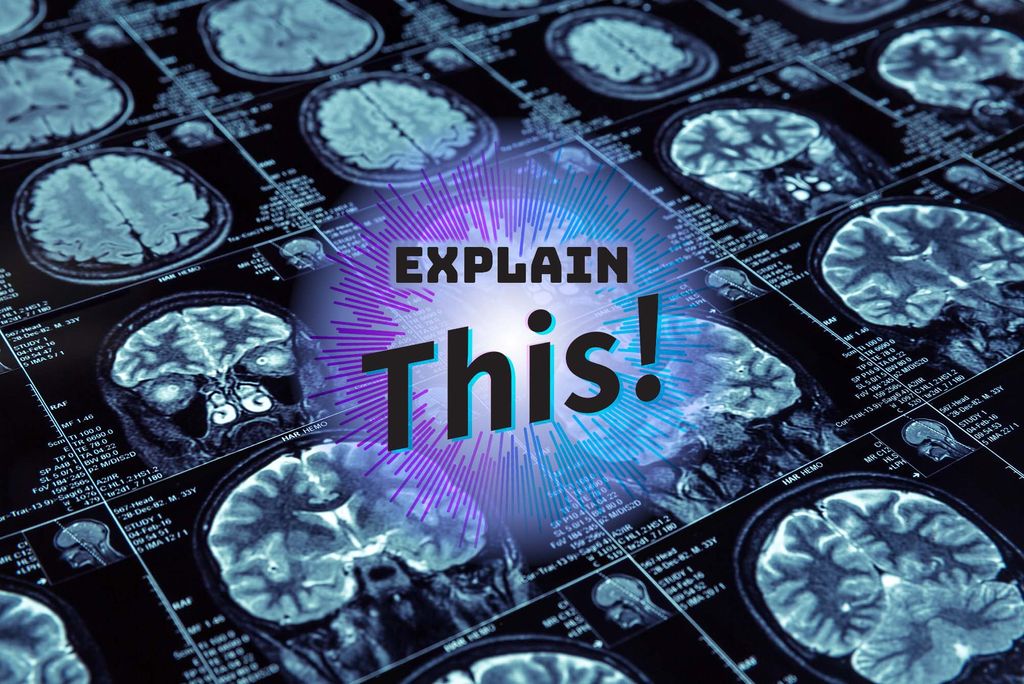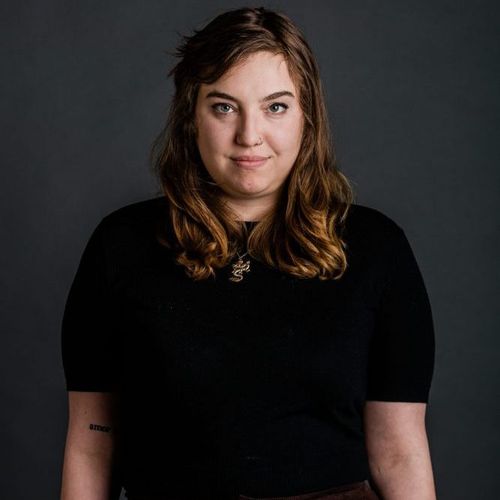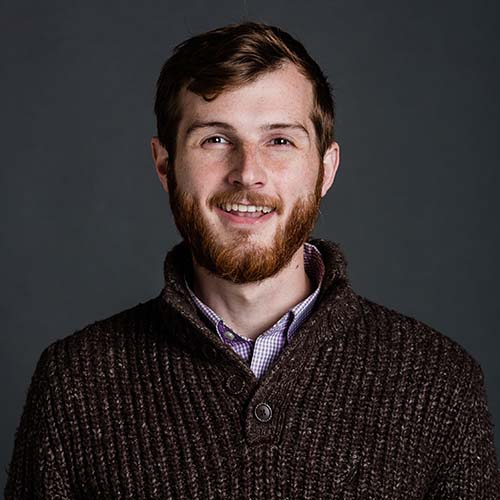什么是语言,它是如何进化的?

Photo via iStock/smartboy10
Does Boston Spanish Have Its Own Accent?
In an all-new episode of The Brink’s podcast, 波士顿大学社会语言学家Daniel Erker讨论了导致语言变化的力量,如时间、地理和阶级
You can also find this episode on Spotify, YouTube, and other podcast platforms.
Does Boston Spanish have its own accent and dialect? In the second episode of The Brink podcast Explain This! coproducer Sophie Yarin chats with Daniel Erker, a Boston University College of Arts & Sciences associate professor of linguistics and Spanish, about linguistic variation—the phenomenon of language evolution. As a sociolinguist, Erker’s scholarship looks at how human factors—such as migration, colonialism, and contact—shape what we say and how we say it. Director of the BU-based Spanish in Boston Project, which is funded by the National Science Foundation, his research is invested in understanding the unique ways that local Spanish speakers communicate.
Everybody knows the quintessential Boston accent—“pahk the cah in Hahvahd Yahd.” Listen now as Erker tells us what effect it might have on the city’s bilingual residents.
Takeaways
- Demographically speaking, the “most typical linguistic innovator” is a working-to middle-class teenage girl.
- It’s possible that the Spanish spoken in Boston is influenced by the Boston accent. While the typical Spanish pronunciation of “Revere” would produce the second “R,” some Spanish-speaking Bostonians have been known to drop it, just as many do in English.
- The movement and interaction of populations can accelerate language change, but linguists don’t have an answer for how we evolved language in the first place.
Transcript
The Brink: You’re listening to Explain This! Our new podcast from The Brink explores big and small pictures of research done at Boston University, from microbiology to art history and everything in between. Join us as we interview on-campus experts who break down areas of study and put their work into real world contexts.
Daniel Erker: The way that English is spoken in Boston is, in and of itself, regionally distinct, so we have New England English, and there are features of New England English that are configured in a particular way in the Greater Boston area. And a question that arises is, is the way that Spanish is being spoken in Boston somehow influenced by the way English is spoken in Boston?
Sophie Yarin: Daniel Erker is a sociolinguist, which means his research is focused on how human factors—like class, migration, and contact—influence the way we communicate with each other. He’s also the director of the Spanish in Boston project, a National Science Foundation-funded linguistic survey of Spanish speakers in the Boston area, which has made a number of discoveries indicating that Boston Spanish is developing its own distinct characteristics. Now he’s sitting down with us to answer the questions: What is language? and How does it evolve? Daniel, thanks so much for joining us today. So what accounts for some of the changes that we see from one language to another, like from French to Chinese? Is it a social thing, a psychological thing?
德
SY: How do some of these external factors, like class or migration, change the language?
德
SY: In the case of Spanish, which you study, why is Mexican and Peruvian Spanish different from Argentine Spanish?
德
SY: So, tell me a little bit about your research methodology, you and the Spanish and Boston team.
德
SY: So, you found that Spanish speakers in Boston have their own unique linguistic elements and idiosyncrasies.
DE: There is a large contribution of Spanish speakers from many parts of the world here in Boston, so there’s extensive dialect diversity here in Boston—but with this interesting differentiating feature that there’s more voseantes here in Boston than you get in New York.
在
SY: Oh, that’s interesting. So what would be an example?
德
SY: I’m sort of curious, when I listened to you, about where the “why” comes into the work you do. So how often are you able to pinpoint the cause of a linguistic variation, and how often do you just have to say, we don’t know?
DE: I often joke to my students, What does the sociolinguist do? And I said, Well, we’re in the business of empirically demonstrating the obvious. And it’s true, right? So it’s like, well, I know that—-yeah, but you don’t have the data. So we’re out collecting the data to demonstrate the obvious, in many cases. But when we’re doing something more than that, what we’re doing is trying to make a case for why might a language be used by a particular individual in a particular community in the way that it is, for reasons that draw on their cognition, their physical body, and also their social place in the world. So it is a story that we’ll try to tell based in evidence, but it can’t be a certainty when trying to understand why a particular change occurred. It’s at best a plausible account, and that’s the nature of the field.
SY: That makes a lot of sense, and it’s illuminating, so thank you for that. And thank you for coming in and talking with us today. We really appreciate it.
DE: It was my pleasure. Thank you for having me.
The Brink: Explain This! is a podcast produced by The Brink at Boston University. This episode was mixed by Andrew Hallock and edited by Sophie Yarin. To learn more about us go to bu.edu/brink. Stay curious out there, folks. We’ll see you next time.
This Series
Also in
Explain This!
-
May 13, 2024
Explain This! How Do Planets Form?
-
April 1, 2024
Do Alcohol Ads Promote Underage Drinking?



Comments & Discussion
Boston University moderates comments to facilitate an informed, substantive, civil conversation. Abusive, profane, self-promotional, misleading, incoherent or off-topic comments will be rejected. Moderators are staffed during regular business hours (EST) and can only accept comments written in English. Statistics or facts must include a citation or a link to the citation.